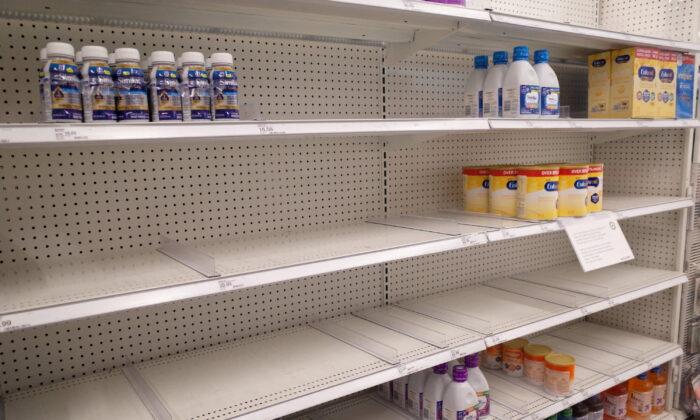Abbott Nutrition has announced plans to invest half a billion dollars in an infant formula manufacturing facility, saying that it has determined that the domestic supply chain for formula needs to be bolstered amid capacity shortfalls.
“We’re moving forward with plans for a half-billion-dollar investment in a new U.S. nutrition facility for specialty and metabolic infant formulas,” Abbott Nutrition chairman and CEO Robert Ford said during an Oct. 19 earnings call.





